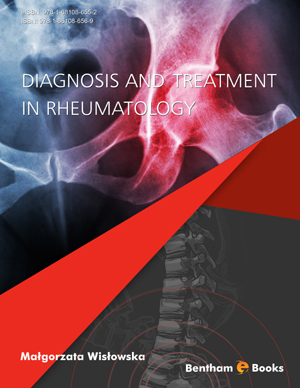Abstract
Systemic lupus erythematosus (SLE) is an inflammatory disease involving many systems, with different clinical features and laboratory findings. The etiology of SLE is unknown. The pathogenesis of SLE may derive from genetic as well as environmental factors. Overproduction of autoantibodies causes cytotoxic damage and takes part in immune complex formation causing inflammation. Clinical features may be general or result from inflammation in different organ systems including skin and mucous membranes, joints, kidneys, brain, serous membranes, lungs, heart and occasionally the gastrointestinal tract. The morbidity and mortality is associated with the involvement of vital organs, especially the kidneys and central nervous system, and is due to direct tissue damage or as a result of therapy. Lupus management is based on disease activity. Antimalarial drugs are effective for acute and chronic lupus rashes. Most clinical symptoms of SLE respond to GCS, however the adverse effects of GCS cause an increase in morbidity and must be tapered and withdrawn. Severe lupus (e.g. proliferative lupus nephritis, CNS involvement or severe thrombocytopenia) is treated by pulse IV methylprednisolone (MP) followed by oral GCS (0.5 mg/kg/day) and MMF or IV CYC, followed by less toxic AZA, MMF. To diagnose antiphospholipid syndrome (APS), a patient must have both a clinical event (thrombosis or pregnancy loss) and an antiphospholipid antibody (aPL), documented by a solid-phase serum assay (anticardiolipin – aCL), an inhibitor of phospholipid-dependent clotting (lupus anticoagulant – LA), or both. APS is treated by anticoagulation such as warfarin, heparin, and low-molecular-weight heparin and often in association with low-dose aspirin.
Keywords: ANA, Anticardiolipin, Anticoagulation, Antimalarials, Antiphospholipid antibody, Antiphospholipid syndrome, Autoantibody, AZA, CNS involvement, Complement deficiency, CYC, dsDNA, GCS, Low-molecular-weight heparin, Lupus anticoagulant, Lupus nephritis, MMF, Pregnancy loss, Systemic lupus erythematosus (SLE), Warfarin.

















